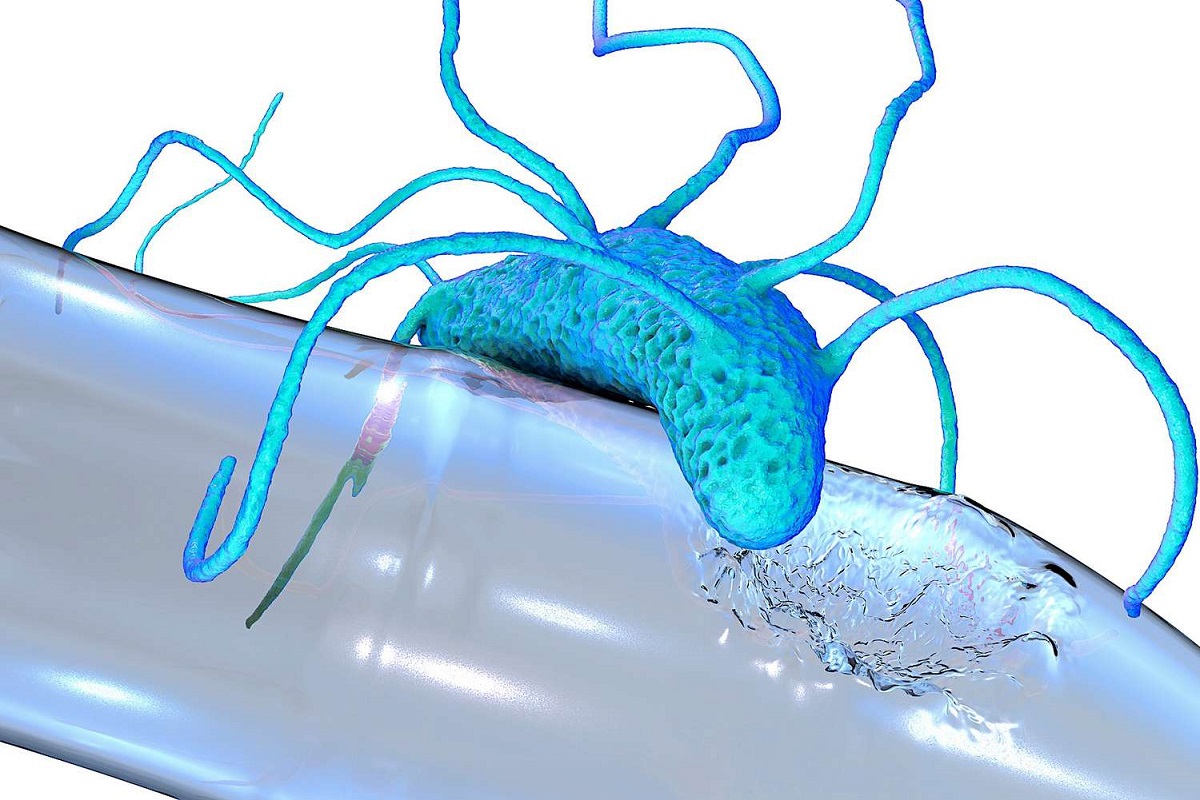Listen to the Podcast:
Recycling now has a very useful new tool found. Scientists discover microbes that can digest and eat plastics at low temperatures. Several microbes have already been found that can do this, but they usually only work at temperatures above 30 degrees Celsius. This means that using them in the industry would be expensive because of the extra cost of heating, as reported by the Guardian.
Scientists at the Swiss Federal Institute WSL have found microbes that can break down plastic at 15 degrees Celsius. This could be a big step forward in the science of recycling by microbes. The magazine Frontiers in Microbiology has written about what they found.
Tackling Plastic Pollution with Microbes
According to the Guardian, Dr. Joel Rüthi from WSL and his colleagues took samples of 19 strains of bacteria and 15 types of fungi grown on plastic that had been left on the ground for a year in Greenland, Svalbard, and Switzerland.
They let the microbes grow in the dark at 15 degrees Celsius as single-strain cultures in the lab and tried them to see if they could break down different kinds of plastic.
The results showed that the bacterial strains belonged to 13 genera in the phylum actinobacteria and proteobacteria, and the fungi to 10 genera in the phylums Ascomycota and mucoromycota.
Surprising Results
The tested plastics included non-biodegradable polyethylene (PE), biodegradable polyester-polyurethane (PUR), and two commercially available biodegradable mixtures of polybutylene adipate terephthalate (PBAT) and polylactic acid (PLA).
Even after 126 days of incubation on this plastic, none of the strains were able to decompose PE. 19 strains (56%) including 11 fungi and eight bacteria were able to decompose PUR at 15 degrees Celsius, whereas 14 fungi and three bacteria were able to digest PBAT and PLA plastic blends.
“Here, we demonstrate that novel microbial taxa isolated from the ‘plastisphere’ of alpine and arctic soils can degrade biodegradable polymers at 15 degrees Celsius. These organisms could aid in reducing the cost and environmental impact of an enzymatic plastic recycling process.” Dr. Rüthi explained to the Guardian.
A large proportion of the tested isolates were able to degrade at least one of the tested plastics, which astounded him.
Also, one of the study’s authors, Dr. Beat Frey, told the Guardian, “It has been shown that microbes make a wide range of polymer-degrading enzymes that help break down plant cell walls. People often say that plant-pathogenic fungi can biodegrade polyesters because they can make cutinases, which attack plastic polymers because they look like the plant polymer cutin.”










































